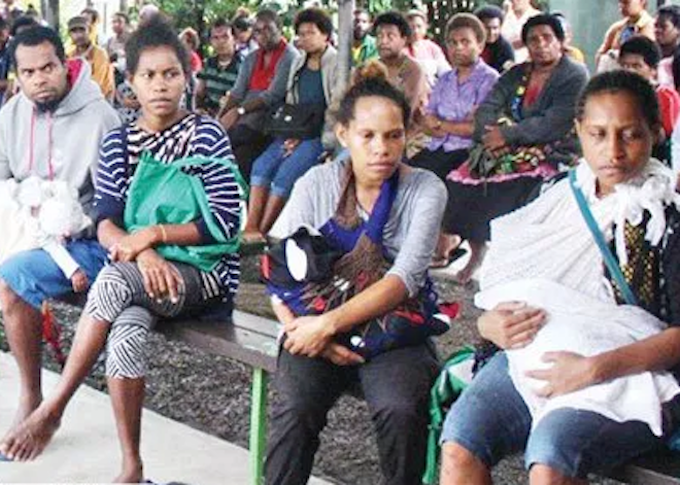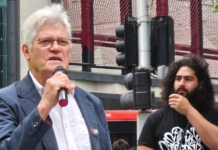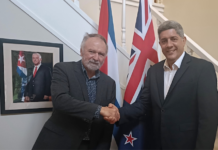
By Rebecca Kuku in Port Moresby
Flaws in Papua New Guinea’s public health system and the medicine supply chain are because of poor management in the Health Department, with some officers “living extravagant lifestyles far beyond their salary”, according to a new report.
Public Accounts Committee chairman Sir John Pundari yesterday tabled in Parliament the report of an inquiry which began in August last year into the supply, procurement and distribution of medicines but is timely with a rising rate of covid-19 infections.
Sir John said the responsibility “rests primarily on the management” of the department “who are custodians of our medicine supply chain and our people’s health”.
“Our medical supply and distribution systems have been compromised because the (Health Department) allowed this to happen by either complacency, incompetence, design and or greed,” Sir John said.
He said “numerous reports had been received of senior officers of the department directly involved in the procurement of medicines, affording to living extravagant lifestyles, far beyond that which is expected from a normal public servant salary”.
Sir John said the inquiry was about establishing the truth.
“It was about understanding the reasons for the failing procurement, supply and distribution of medicines and medical kits throughout the country,” he said.
‘Deeply saddened by betrayal’
“The committee was deeply saddened that our very own politicians, bureaucrats and senior civil servants in positions of trust and authority have betrayed our own people in allowing greed and corruption to flourish in the procurement, supply and distribution of drugs and medical kits in our country that have resulted in avoidable deaths from curable diseases.
“If ever there was a sector which should be safeguarded by political leaders to ensure that services are provided in an effective and efficient manner, free from exploitation, it is public health.”
He related an “unforgettable and heart-wrenching” picture the committee came across of a rural aid post with a grave next to it.
“[Locals] told us that they carried [the sick man] for miles to the aid post,” he said.
“There was no hope to begin with. But he was their brother. Their father. Their husband. So they carried him anyway.
“Finally at the doors of the aid post, they were told that there was no health worker there anymore.
“Medicines [had] stopped arriving a few months back, so the aid post had been abandoned. [The sick man] looked at their tired and troubled faces and as he lay [dying] he asked them to bury him there so they would not have to carry his body back home.
‘They buried him alone’
“They buried him there alone, away from his land, his village and his family.”
He said the story depicted the truth about the failing health system.
“It needed to come from patients and health workers who regularly see men, women and children dying in front of them while they are helpless to save their lives.
“They tell us the truth.”
The Pacific Media Centre republishes The National articles with permission.













































